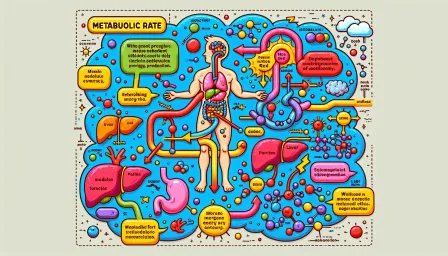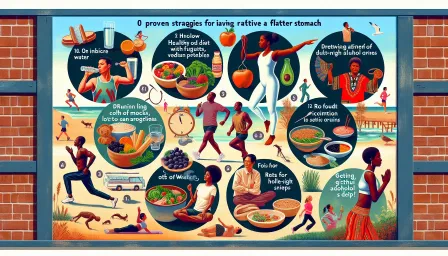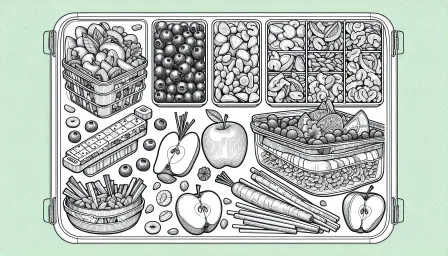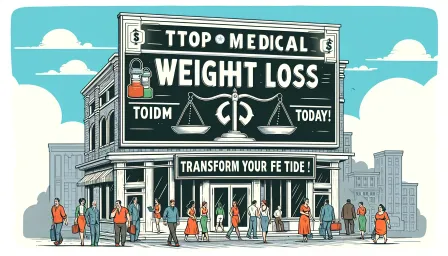Effective Sugar Reduction Tips for a Healthier Lifestyle
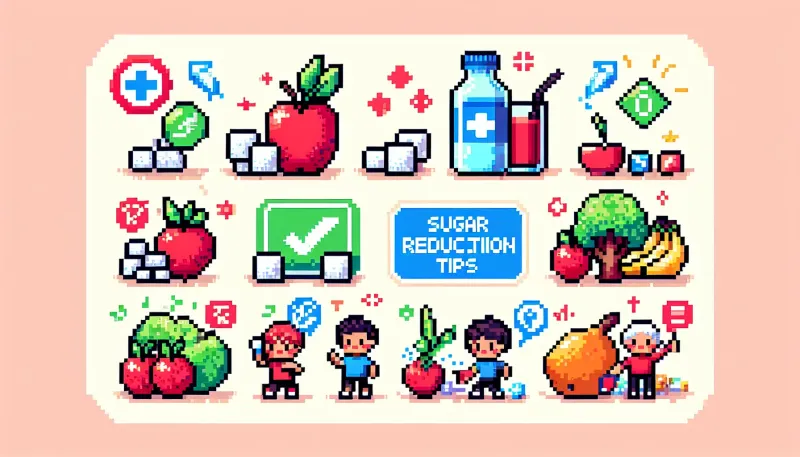
Discover effective sugar reduction tips to achieve a healthier lifestyle. Learn practical strategies for cutting down on sugar and enhancing your overall well-being.
Introduction
Reducing sugar intake is a key step towards better health and well-being. Excessive sugar consumption has been linked to various health issues, including obesity, diabetes, heart disease, and tooth decay. In this article, we will explore effective sugar reduction tips that can help you achieve a healthier lifestyle. These practical strategies are designed to make the transition to a low-sugar diet easier and more manageable.
The Negative Effects of Excessive Sugar Intake
Understanding the impact of high sugar consumption on your health is crucial. Here are some potential negative effects:
- Obesity: Consuming high amounts of sugar contributes to weight gain and increases the risk of obesity.
- Diabetes: Excessive sugar intake can lead to insulin resistance, a precursor to type 2 diabetes.
- Heart Disease: High sugar diets are associated with increased risk factors for heart disease, including high blood pressure and inflammation.
- Oral Health Issues: Frequent sugar consumption promotes tooth decay and gum disease.
Practical Sugar Reduction Tips
Here are several actionable tips to help you reduce your sugar intake and improve your overall health:
1. Read Nutrition Labels Carefully
Check the nutrition labels of food products for hidden sugars. Ingredients such as high-fructose corn syrup, cane sugar, and glucose are all forms of sugar. Aim to choose products with lower sugar content or without added sugars.
2. Opt for Whole Foods
Incorporate more whole foods into your diet, such as fruits, vegetables, whole grains, and lean proteins. Whole foods are nutrient-dense and usually contain less added sugar compared to processed foods.
3. Cut Back on Sugary Beverages
Sugary drinks, including sodas, fruit juices, and energy drinks, are major sources of added sugars. Replace these with healthier alternatives like water, herbal teas, or sparkling water with a splash of lemon or lime.
4. Reduce Sugar in Recipes
When cooking or baking at home, experiment with reducing the amount of sugar in recipes. You may often find that you can cut sugar quantities by a third or a half without significantly affecting the taste.
5. Choose Healthier Snacks
Select snacks that are naturally low in sugar, such as nuts, seeds, yogurt, and fresh fruit. These options provide essential nutrients without the added sugar.
6. Use Natural Sweeteners
If you need to sweeten your foods or drinks, opt for natural sweeteners like stevia, monk fruit, or erythritol. These alternatives have a lower glycemic index and fewer calories than regular sugar.
7. Eat More Protein and Fiber
Incorporating more protein and fiber into your meals can help stabilize blood sugar levels and reduce sugar cravings. Foods such as legumes, nuts, seeds, and lean meats are excellent choices.
8. Plan Your Meals and Snacks
Planning your meals and snacks ahead of time can help you make healthier choices and avoid reaching for sugary foods out of convenience. Prepare balanced meals that include a good mix of protein, healthy fats, and fiber.
Mindful Eating and Its Importance
Practicing mindful eating can further enhance your efforts to reduce sugar intake. By being more aware of what and how much you eat, you can make better food choices and enjoy your meals more fully.
Key aspects of mindful eating include:
- Paying attention to hunger and fullness cues.
- Eating without distractions, such as TV or smartphones.
- Savoring each bite and eating slowly to better appreciate the flavors.
- Recognizing emotional triggers that lead to sugar cravings and finding healthier coping mechanisms.
Conclusion
Reducing your sugar intake is an important step towards achieving a healthier lifestyle. By understanding the negative impacts of excessive sugar consumption and implementing practical tips like reading nutrition labels, opting for whole foods, and practicing mindful eating, you can significantly lower your sugar intake. These efforts will not only improve your overall health but also enhance your well-being.
Remember, making gradual changes to your dietary habits can lead to lasting results. Start small, and before you know it, you'll be enjoying the benefits of a low-sugar diet.






